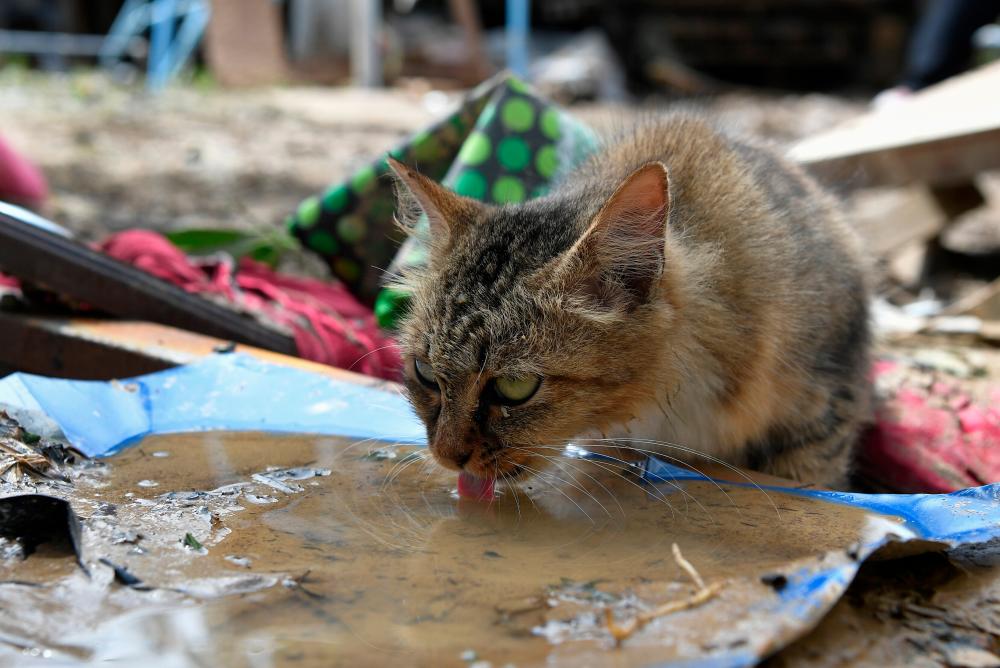PETALING JAYA: Malaysia needs to launch educational campaigns to address the problem of animal cruelty as the latest statistics of the Veterinary Services Department is a cause for concern.
As of September last year, the department recorded 276 complaints in 13 categories of animal cruelty and neglect. Of these, 30 involved animal abuse, two were related to poisonings, and seven dealt with cock and fish fighting.
The cases involved 28 dogs, nine cats, 116 roosters and 27 fighting fish.
Animal Feeders Malaysia (SAFM) president Kalaivanan Ravichandran said people lack awareness of what constitutes animal cruelty and as such, frequent campaigns are needed to overcome the problem.
He said the enforcement of animal welfare laws is not sufficient to raise awareness, and it is surprising that the public is still unaware that animal cruelty is a crime under the Animal Welfare Act 2015.
Commenting on photographs that were shared widely online of cats being poisoned to death in Damansara Aliff in Johor, he said poisoning of animals will not resolve the issue of stray animals in housing estates.
He added that SAFM has often received reports of people using poisoned food to eliminate strays, but in most instances, perpetrators go scot-free as there is no evidence.
“The law says that any abuse or mistreatment of animals, including but not limited to hitting, kicking, abusing, crippling, poisoning, trapping, or extensive caging can be penalised with a fine of between RM20,000 and RM100,000, or a jail term of up to three years or both.
“However, even if we increase penalties and enforce new laws, without awareness, some people will continue to engage in animal cruelty,” he told theSun.
Kalaivanan said children should be taught to care for animals while members of the public should be encouraged to report incidents of animal cruelty.
“Punishment meted out to animal abusers must be in line with the intensity of the cruelty committed.”
Society for the Prevention of Cruelty to Animals (SPCA) Selangor general manager Kelvin Cheah said the increase in animal abuse complaints may not be an indication that there are more perpetrators.
He said this could be a reflection that Malaysians are at a stage of being more
aware of animal welfare, and willing to take action whenever they witness animal cruelty.
He said cases involving prolonged caging or leashing, insufficient and improper shelter, food and water are no longer tolerated or swept under the carpet.
“In most cruelty cases we have investigated, we found that those who had committed the offences were not aware it was wrong to cage animals, tie them up or not provide adequate shelter.”
Cheah said SPCA conducts weekly classes where volunteers are trained to look out for animals being deprived of their basic freedoms, and to report such cases to the authorities.









